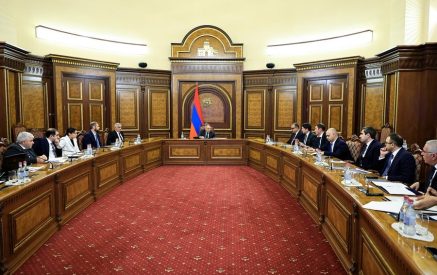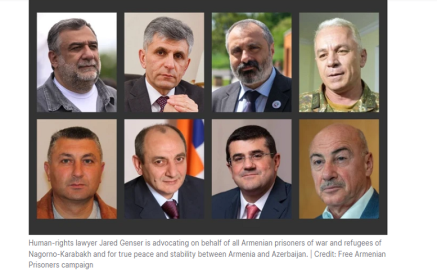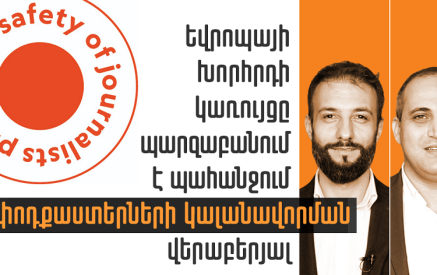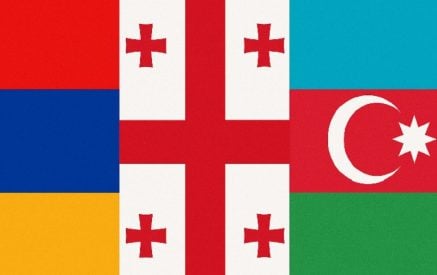Council of Europe has published its annual report about the execution of judgments of the European Court of Human Rights by member States of the Council of Europe in 2019
These are the judgments of the Court that became final during 2019 and were transmitted to the Committee of Ministers for supervision of its execution.
The member states with the highest number of new leading cases in 2019 were:
1) Turkey (19)
Read also
2) Russian Federation (18)
3) Romania (16)
4) Italy (10)
5) Lithuania, the Republic of Moldova and Ukraine (all 8)
– The member states with the highest number of new repetitive cases in 2019 were:
1) Russian Federation (222)
2) Turkey (165)
3) Ukraine (103)
4) Hungary (89)
5) Romania (73)
Pending cases
These are the cases which the execution process is ongoing. As a consequence, pending cases are at various stages of execution and must not be understood as unexecuted cases. In the overwhelming majority of these cases, individual redress has been provided, and cases remain pending mainly awaiting implementation of general measures, some of which are very complex, requiring considerable time.
– The member states with the highest number of leading cases pending at the end of 2019 were:
1) Russian Federation (219)
2) Turkey (155)
3) Ukraine (119)
4) Bulgaria (79)
5) Italy (56)
– The member states with the highest number of repetitive cases pending at the end of 2019 were:
1) Russian Federation (1,444)
2) Turkey (534)
3) Ukraine (472)
4) Hungary (218)
5) Romania (208)
Cases closed
– The member states that closed the highest number of leading cases in 2019 were:
1) Turkey (31)
2) Bulgaria (16)
3) Greece and Ukraine (15)
4) Russian Federation (13)
– The member states that closed the highest number of repetitive cases in 2019 were:
1) Turkey (701)
2) Ukraine (428)
3) Russian Federation (149)
4) Romania (110)
5) Italy (74)
Just satisfaction
The countries awarded to pay the most just satisfaction by the ECHR in 2019 were:
1) Russian Federation (€28,547,005)
2) Italy (€16,964,113)
3) Hungary (€5,391,826)
4) Portugal (€4,690,494)
5) Romania (€4,395,996)
On the just satisfaction: this is the awarded sum, but not actually paid out by the state to the applicants.
…………….
Supervision of the execution of ECHR judgments
Strasbourg, 01.04.2020 – Ten years of reforms, known as the Interlaken Process, have “strengthened the system of the European Convention of Human Rights” according to the Chairs of the “Human Rights” meetings of the Council of Europe’s Committee of Ministers in their introduction to the Committee’s 2019 annual report on its supervision of the execution of judgments of the European Court of Human Rights.
The report shows that, between 2010 and 2019, there were 2,120 new “leading” cases – highlighting structural and/or systemic problems at national level – and 2,287 such were closed, representing a closure rate of 108%. Between 2000 and 2010, by comparison, there were 1,470 new leading cases and only 602 leading cases were closed – a closure rate of 41%.
By 31 December 2019, a total of 5,231 judgments and decisions were pending before the Committee of Ministers at different stages of execution. This included 1,245 leading cases, down from a peak of 1,555 leading cases pending in 2015. 635 leading cases had been pending for more than 5 years, compared to 720 such cases in 2016.
“Implementing judgments from the European Court of Human Rights is a key part of ensuring respect for human rights, democracy and the rule of law across the continent,” recalled Christos Giakoumopoulos, the Council of Europe’s Director General of Human Rights and the Rule of Law.
“Recent reforms mean that cases are now being closed more quickly and the number of pending cases is consistently falling. However, a considerable number of cases are still outstanding, and many new challenges lie ahead, which shows the continued importance of constructive engagement and co-operation between the Council of Europe and its member states to keep making progress.”
Today’s annual report includes data on the number of new cases, cases closed and pending cases for all 47 Council of Europe member states in 2019, as well as the amount of just satisfaction awarded by the European Court of Human Rights.
It highlights examples of progress made through the effective implementation of the Court’s judgments and decisions, as well as detailing the main challenges which still need to be addressed.
This year’s report also indicates a significant increase in the involvement of civil society in the implementation process.
NGOs and National Human Rights Institutions (NHRIs) made 115 formal contributions concerning 24 member states in 2019, compared to 64 contributions concerning 19 states in 2018.
Council of Europe



























































